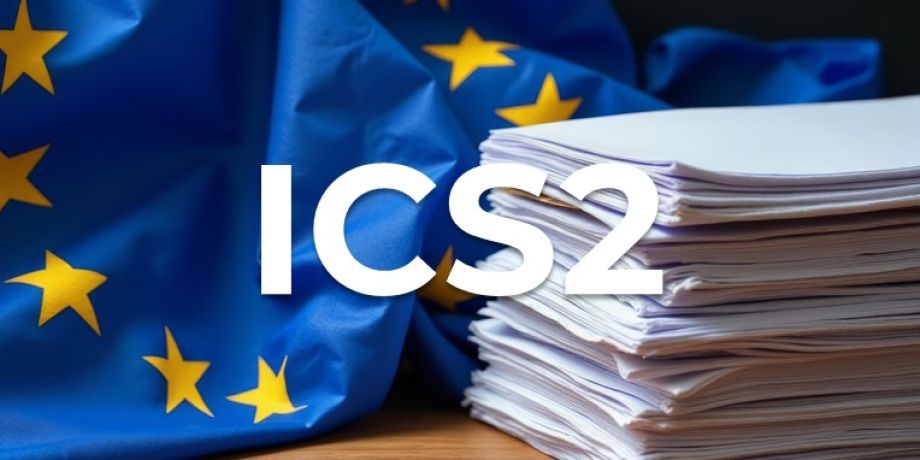
ICS2, THIRD PHASE: WHAT YOU NEED TO KNOW!
From April 1, 2025, carriers transporting goods by sea to or via the European Union will be required to transmit safety and security data prior to entry, as has already been implemented for air freight. For road and rail transport, the implementation date is September 1, 2025. However, data transmission may be postponed until August 31, 2025.
This new regulatory framework, imposed by the third phase of the Import Control System 2 (ICS2), concerns sea, river, rail and road transport. The aim? Reinforce the control of goods flows and anticipate customs risks. This change implies strict obligations for logistics and international trade players, on pain of being blocked at customs. What are the concrete impacts, and how can we prepare for them?
NEW RULES TO ANTICIPATE CUSTOMS CONTROLS
ICS2 is gradually replacing Import Control System 1 (ICS1), and requires carriers to submit an Entry Summary Declaration (ENS) before goods arrive in the European Union. This declaration must contain detailed information on the nature of the products, the parties involved in the transaction and the transport arrangements.
Transmission times vary according to the mode of transport. For sea and river freight, data must be sent 24 hours before loading at the port of embarkation. For rail freight, the declaration is required two hours before entry into the European Union. Finally, road haulage must submit this information one hour before the first customs clearance.
It should be noted that the costs associated with this law, invoiced by the shipping companies, will be borne by the exporter.
HOW SHOULD IMPORTERS PREPARE?
Obtaining an EORI number is essential (see our article: EORI numbers: changes to customs regulations in 2025) to be able to transmit information to the freight forwarder.
Failure to anticipate these obligations could slow down the supply chain and lead to additional costs. For further information, please consult your national customs authorities or the European Commission website.







